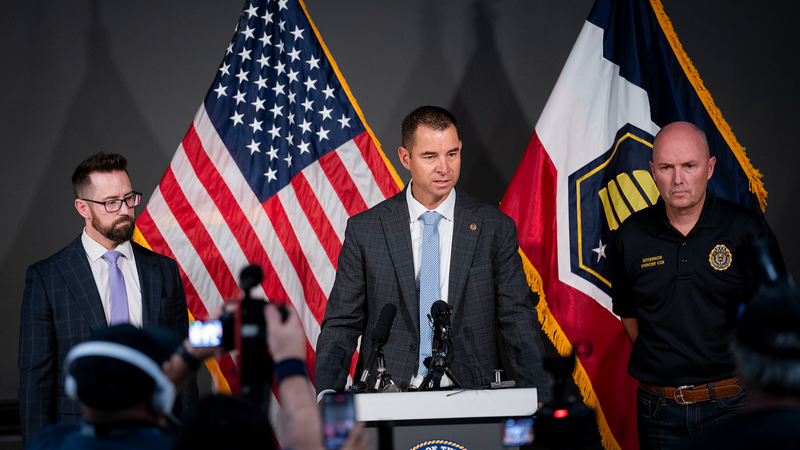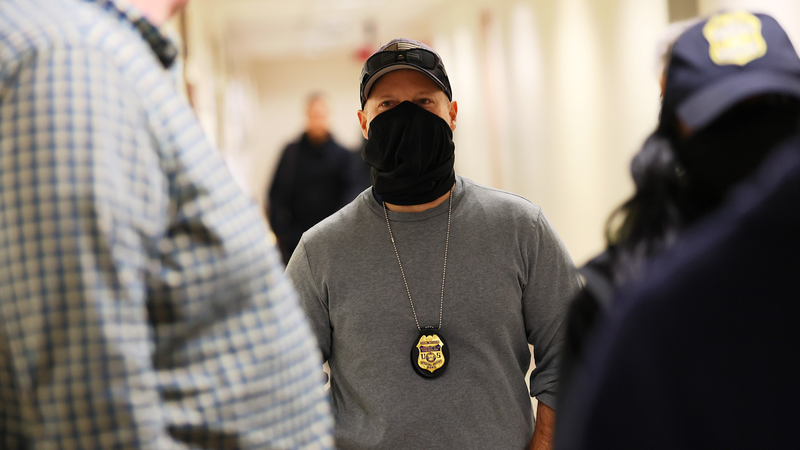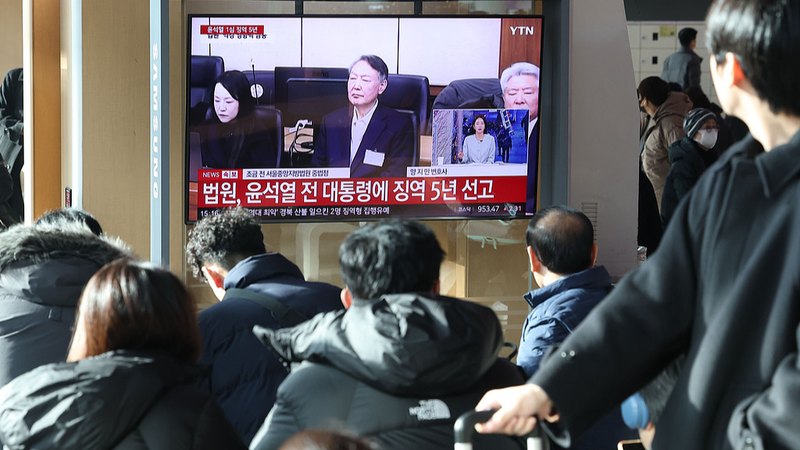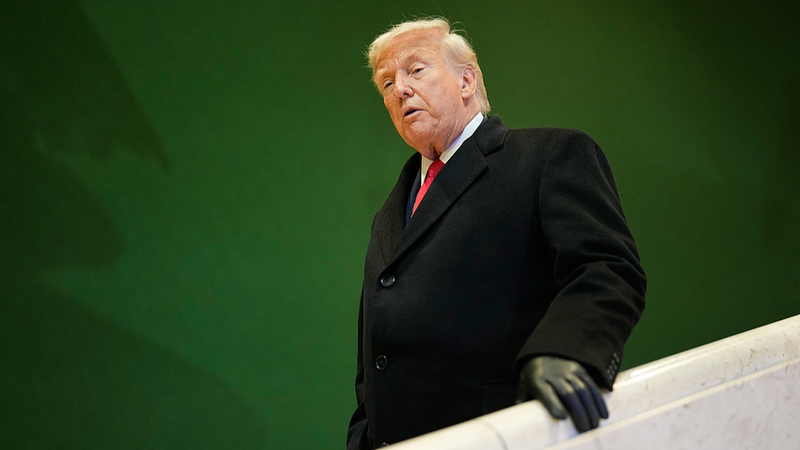In July, conservative activist Charlie Kirk was speaking to 3,000 attendees at Utah Valley University when a gunshot rang out, sending him tumbling and the crowd into panic 😮. The incident marks a troubling milestone in a surge of US political violence.
According to Mike Jensen, a terrorism researcher at the University of Maryland, the US saw roughly 150 politically-motivated attacks in the first half of this year—nearly double the number from the same period last year ⚠️. Jensen warns that without intervention, these flashpoints could spark more widespread unrest.
Experts point to a mix of economic uncertainty, changing demographics, and a volley of hot-headed rhetoric online as key drivers. In simple terms, when money worries mix with fear of change and social media echo chambers, tensions can explode.
Research from Reuters finds at least 300 cases of political violence between the January 6 Capitol attack and the 2024 election—the biggest spike since the 1970s. And it’s not just one side: acts of violence now often lack a clear ideological script, making them harder to predict.
Jon Lewis of George Washington University notes acts like this are becoming more common, even without a clear motive. The real danger is a cycle of retaliation where neither side wants to be the first to strike, but both are ready to hit back 🔄.
Lilliana Mason from Johns Hopkins University explains that people are hesitant to start violence, but eager to finish it. That reactive mindset, amplified by conspiracy theories and personal grudges, risks pushing the country into a brutal tit-for-tat spiral.
This year alone, the US saw attempts on former President Trump, a deadly attack on a Minnesota lawmaker by a Christian nationalist, and a gunman targeting the CDC in Atlanta—there were even militants storming a Texan detention center, spray-painting vehicles and firing on officers 🚔.
With at least 21 people killed in political violence incidents since January, many fear the US is on borrowed time. Each act of aggression becomes a rallying cry for more, feeding a loop that’s tough to break.
For young people tuning in from South and Southeast Asia, it’s a stark reminder that political polarization and online echo chambers can fuel violence anywhere. Whether in Delhi’s digital debates or Jakarta’s city squares, the mix of uncertainty, identity clashes, and viral content can spark real-world harm.
So what’s the takeaway? Experts say cooling the rhetoric, addressing root causes like economic stress, and promoting open dialogue are key steps. It won’t be easy, but without collective action, the cycles of anger and revenge could get even worse 🔥.
As we scroll through our feeds, remember that every share and angry comment can stoke these fires. Stay curious, question what you read, and lean into conversations that bridge divides, not widen them.
In a fast-moving world, vigilance and empathy might just be the best tools we have to stop the spiral before it’s too late.
Reference(s):
Kirk killing: Experts warn of "Vicious spiral" in political violence
cgtn.com




